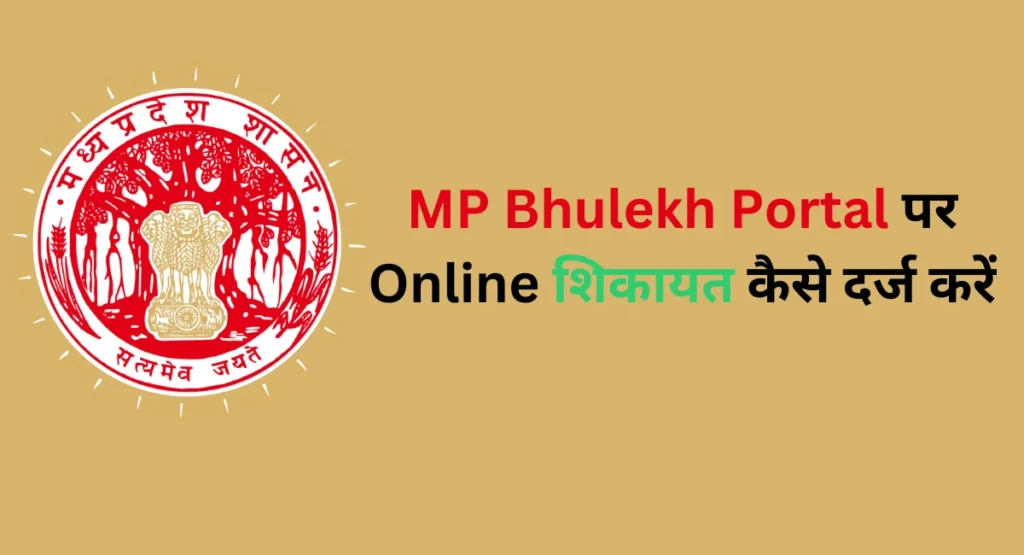Global sports competitions are a reflection of societal issues and a host to political clashes. The political meaning of sports is often conveyed through the display of flags, anthems, and even on-stage honors. Athletes making political statements during their active performance is another modern phenomenon. Athletes making political statements during their active performance is another modern phenomenon. Now, in most cases, the meaning of sports supersedes the actual result.
Political Symbolism at Global Games
Political competition has always belonged side by side with international sport events. German fascist had sought propaganda opportunities in the 1936 Olympics which featured a number of German Games. With outdated views on racial superiority, American Black athlete Jesse Owens single handedly disproved such views by winning 4 gold medals. Modern sports remind us that equality, fairness, and performance often conflict with politics, just as the MelBet sports app exemplifies.
Another example is the unprecedented diplomatic gesture of North and South Korea marching together under the same flag as one nation during the 2018 Winter Olympics. While simple, such actions have significant impact, drawing global attention, albeit not resolving complex political disputes.
Boycotts as Political Tools
Long before the term ‘ban’ was introduced into the common vocabulary, boycotts were a very effective means of protest aimed at making a certain political statement. At the same time, these were never violent affairs. A few noteworthy cases are:
- In 1980, the U.S., alongside 60 other countries, refused to attend the Moscow Olympics due to the Soviet invasion of Afghanistan.
- In 1984, the Los Angeles Olympics were attended solo by the US, while the USSR and 14 other countries decided to boycott it.
- South Africa during the apartheid period was banned from taking part in any Olympic activities for 3 decades.
- Western leaders also decided to boycott the Sochi Winter Games held by Russia in 2014 due to human rights violations committed by the country.
The events exemplify how sporting events serve dual purposes: as a medium to promote peace and as a platform to exchange political ideologies. Even social platforms like MelBet Instagram have become part of these conversations, where political messages, athlete stances, and fan reactions intersect with the world of sports.
How Sport Showcases National Image and Soft Power
International Sporting Events show the soft power of the country as well as serve as a source of pride for the citizens. It is much more than construction works, military shows, and parades. There is enormous value earned in a peaceful manner. Sport diplomacy comes into play with both the Olympics and World Cups. It is much more useful than just adding to the medal tally. From capturing the world’s attention to increasing investments and earning good relations with foreign nations, the opportunities are endless.
Nation Branding Through Hosting Events
Rebranding on a nation’s behalf. That’s what large-scale international sports events usually tend to be. Qatar’s WORLD CUP 2022 was way more than just football. The world was introduced to a new identity and recognition for the country. Olympics 2008 showcased China as a superpower of the world, giving the ability to host major sporting events.
In South Africa, the World Cup was considered the mark of the country’s reintegration into the considerable world after the apartheid rule. The image and restructuring of a country can last decades. Regardless of the restructuring considered, It’s not the world cup, but a well-organized planned spectacle.
Diplomatic Messaging Through Athlete Behavior
Competition isn’t limited to racing. Every athlete is a representative of something greater. Muted kneels and raised fists send stronger signals than most political speeches, illustrated through Ethiopian marathoner Feyisa Lilesa’s Rio Olympics protest, where he crossed the finish line with his arms above his head.
Athletes are often left with no choice but to become embodiments of social issues. Standing or refusal to stand during global events generates reactions or even policy debates, further blurring the lines between sports and politics.
Media’s Role in Shaping Global Perception
Every mega sports event is a hybrid of coverage of world politics and activities, even if countries agree or disagree. How people perceive the world is constructed by news headlines, live-streaming, and abstracted footage. During the Qatar World Cup in 2022, the media does not only concern itself with the games, but also highlights human and labor rights issues and political censorship. It is a sport, but more importantly, it’s a universal sport, its universal message.
Symbolic actions or gestures become stories that are told all over the world. The same goes for the North and South Koreans unifying into one and marching as one on the 2018 Olympics; this was not just a celebration, but a diplomatic celebration for three hundred million people to see. The coverage does not merely document it; there is a remaking and reediting and remixing of every frame, every second of the unfolding of historical events.
Lasting Political Effects Beyond the Podium
What happens all over the world around sports activities is far from being forgotten. It has a forever impact in relations, reputation, and public perception, and so much more.


